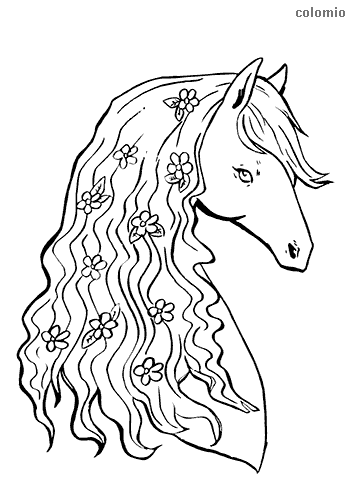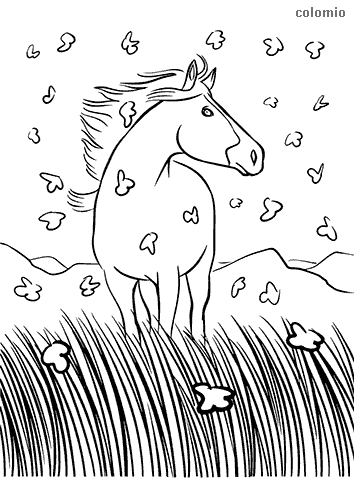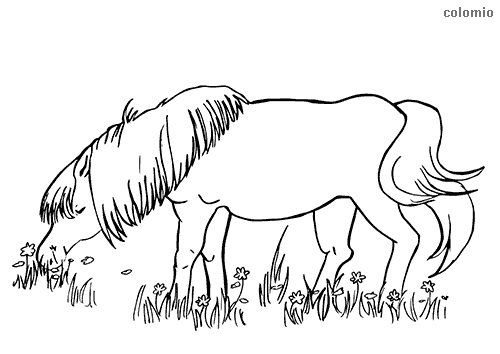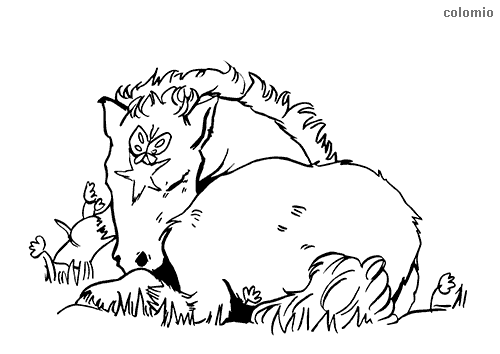Horses are adored by children of all ages, making these coloring pages a hit! Kids can explore different breeds and colors while developing their concentration and hand-eye coordination. Coloring horses also fosters neat handwriting and artistic confidence. Saddle up for an afternoon of creative fun!




















































